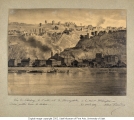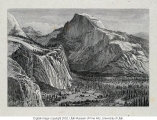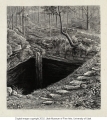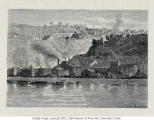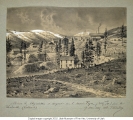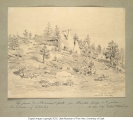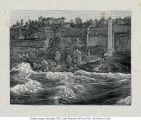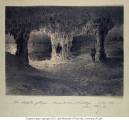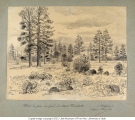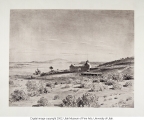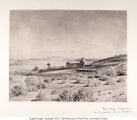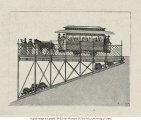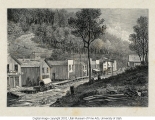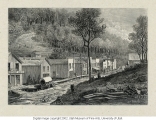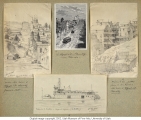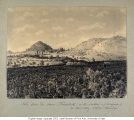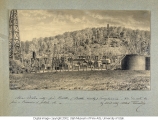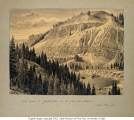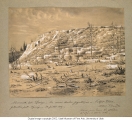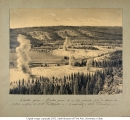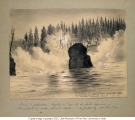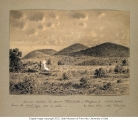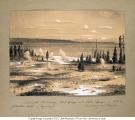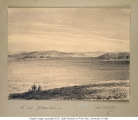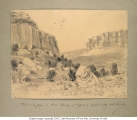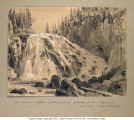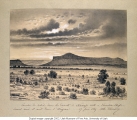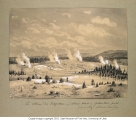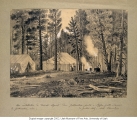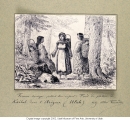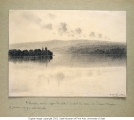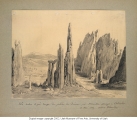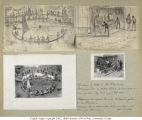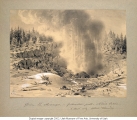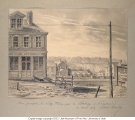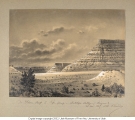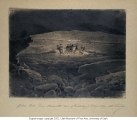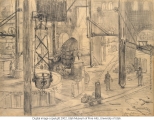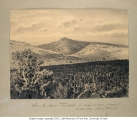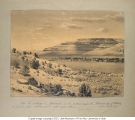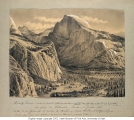| Identifier |
1978_211_tissandiersCamp.jpg |
| Title |
My Encampment under a Cedar Tree in the Toroweap Valley (Arizona) with Nathan and his Son, my Mormon Guides |
| Alternate Title |
Mon Campement sous un cèdre dans la vallée de Toroweap - (Arizona). Nathan et son fils mes guides mormons. |
| Creator |
Tissandier, Albert 1839-1906 |
| Subject |
Toroweap Valley (Ariz.)--1880-1890; Landscape drawings--1880-1890; Adams, Nathan William, 1832-1916--Journeys--Arizona--Toroweap Valley--1880-1890 |
| Published Location |
Reproduced in the exhibition catalog, Albert Tissandier : Drawings of nature and industry in the United States, 1885, by Mary F. Francey ([Salt Lake City, UT] : Utah Museum of Fine Arts, 2001), p. 35. |
| Short Essay |
After gathering the necessary provisions in the town of Kanab, Tissandier and his party embarked on their first excursion into the canyons of Toroweap. Guided by Nathan Adam and his son, Tissandier faced the unfamiliar and often dangerous terrain of the Toroweap Valley. Intrigued by the sight of the black lava that silhouetted the sparse vegetation that managed to grow through the ancient layer of volcanic residue, Tissandier wrote in his journal: "The slag and cinders that cover the ground attest to the disorder of past centuries." The volcano that had erupted centuries earlier caused craters that were covered with forests of pine trees one hundred years old. The forests, he noted, testified to events of past times by the weathered basaltic rock through which plants protruded. Descent into the Toroweap Valley was difficult and hazardous because of the large rocks through which the horses had to maneuver. Horses that were not shod experienced great difficulty walking on the treacherous, jagged surface of the lava. There was, however, no alternative route to take through a long, narrow canyon enclosed by colossal multi-colored rocks. Camping at the foot of a rock formation that Tissandier described as a "fortress", he wrote that the party was "shaded by an old cedar" and on an "immense plateau" of weathered and worn sandstone rocks. He marveled at the various flowers, yucca trees and cactus plants that could grow in this extremely dry desert climate. His observations about desert travel were accurate and objectively stated. He did not presume to offer advice to other tourists, although his description of "jagged walls that extended as far as we could see and formed the horizon" is both inviting and disquieting. Another journal entry reads: "Under the impression of the grandeur of these strange deserts I advance with an indefinable sentiment of wonder." |
| Publisher |
Utah Museum of Fine Arts |
| Contributors |
Mary F. Francey |
| Date |
1885 |
| Type |
Image |
| Format |
application/pdf |
| Source |
Albert Tissandier: Drawings of Nature and Industry in the United States |
| Language |
fra |
| Rights Management |
Digital image c2001 Utah Museum of Fine Arts, University of Utah |
| Source Physical Dimensions |
34.29 cm High x 40.64 cm Wide |
| Source Characteristics |
Graphite on paper |
| Light Source |
Kaiser Softlite ProVision 6x55W flourescent 5400K daylight |
| Archival Resolution |
TIFF: 5036 x 4231 pixels |
| Display Resolution |
JPEG: 900 x 791 pixels |
| Bit Depth |
36-bit color |
| Scanning Device |
Leica S1 Pro scanning camera; Hasselblad CFi 50mm F/4 lens; f/11 |
| Exhibit Catalog |
ISBN: 0-9657215-0-7; Library of Congress Catalog Number: 2001094211 |
| Setname |
uu_umfa_at |
| ID |
415794 |
| Reference URL |
https://collections.lib.utah.edu/ark:/87278/s6bk1cds/415794 |

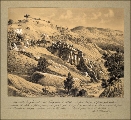
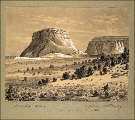
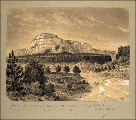
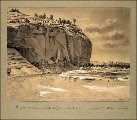
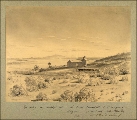
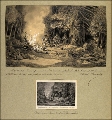
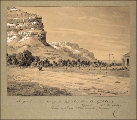
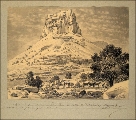
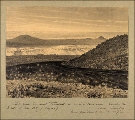
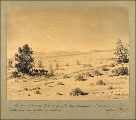
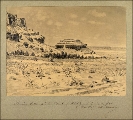
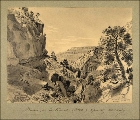





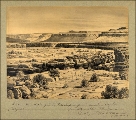
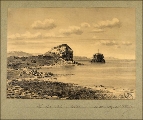
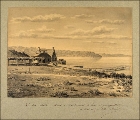
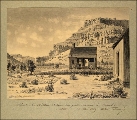

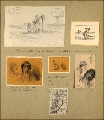
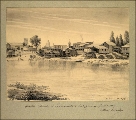
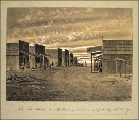
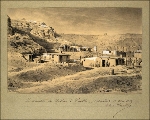
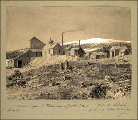
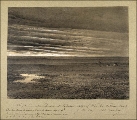

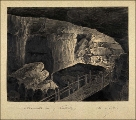

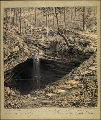
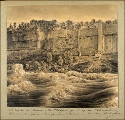


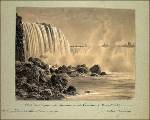
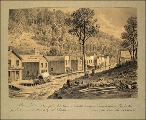


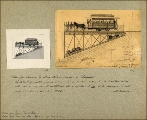
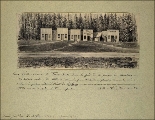
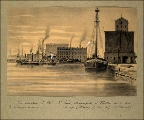


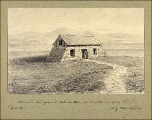
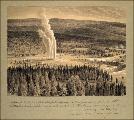


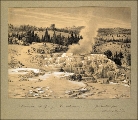
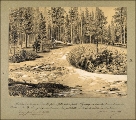

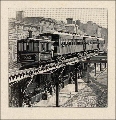

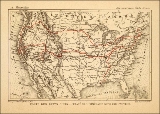
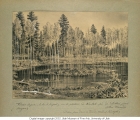
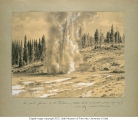
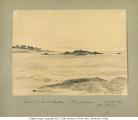
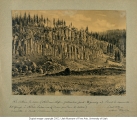
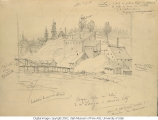
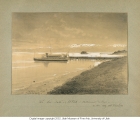
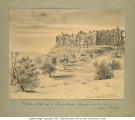
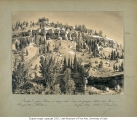
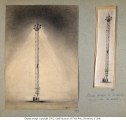
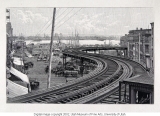
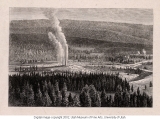

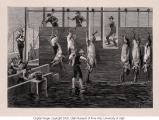
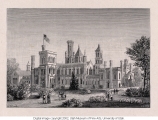

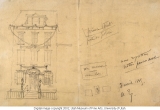
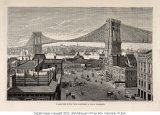

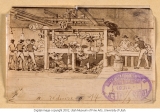
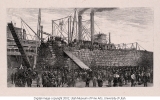
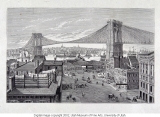

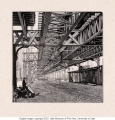
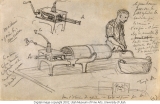
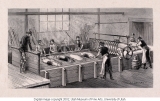


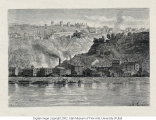



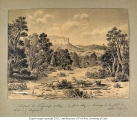

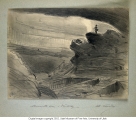
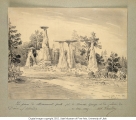
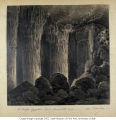
![Station of Pittburg [i.e. Pittsburgh] Inclined RR Station of Pittburg [i.e. Pittsburgh] Inclined RR](/dl_thumbs//7a/f2/7af25cea9dd1f27e10d55565666280a9b2194e4d.jpg)


